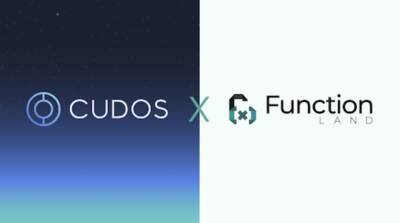Decentralized cloud computing network shares news of successful testnet and upcoming mainnet launch
Blockchain has evolved significantly since its founding in 2008. However, with so many new developments, many forget that blockchain at its core is still a new technology and, as such, has a few limitations. Looking more specifically at Ethereum (ETH), the most popular blockchain for smart contracts, transactions have typically taken a long time to clear, in addition to being costly as transactions add up. Together, these symptoms have resulted in a larger and more generalized scalability problem, a bottleneck resulting from each node in the network needing to process a given transaction.
The solution, in part, is said to be sharding, an upgrade that will improve the capability by distributing the network’s load across 64 new chains. Alongside Ethereum 2.0 are several other solutions looking to rise to the challenge; the only caveat is that these offerings are limited in scope and are not cost-effective.
Cudos is addressing this market as a decentralized cloud computing network that acts as one of the first in the world to run nonfungible tokens (NFTs) on the Cosmos network. In practice, users will be able to bypass the requirement to set up a new smart contract for each NFT while minting, approving and transferring them directly on their accounts.
The scalable network is designed to generate value for all participants, helping to unlock new functionality by using off-chain data and computation at competitive costs while utilizing spare computing in the future of a decentralized, sustainable and connected world.
Last year, the team launched the first phase of their incentivized testnet, Project Artemis, which focused on several starter tasks to help onboard validators and developers and collect feedback to continue
Read more on cointelegraph.com





















